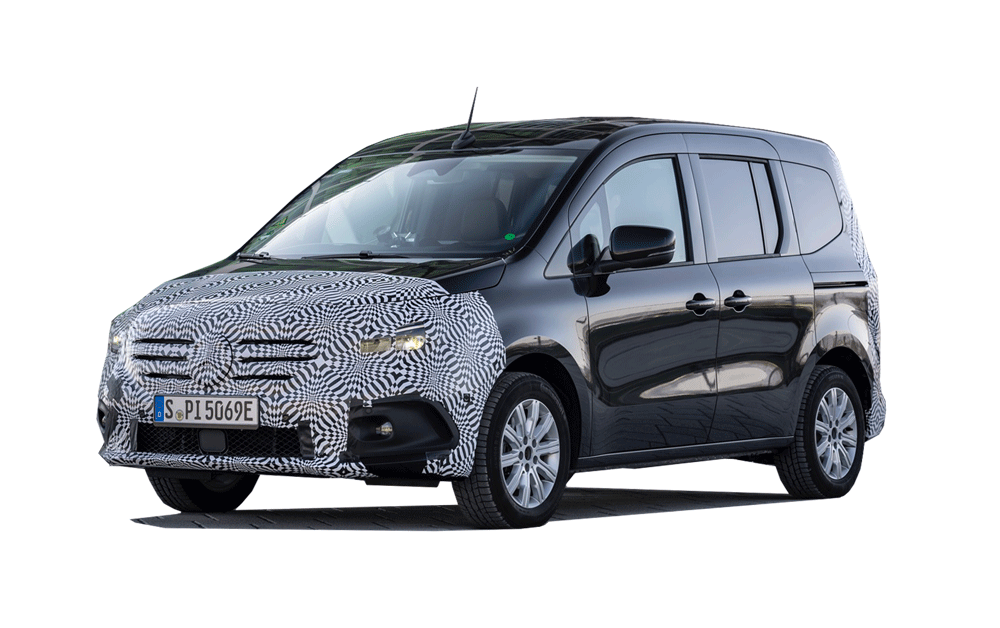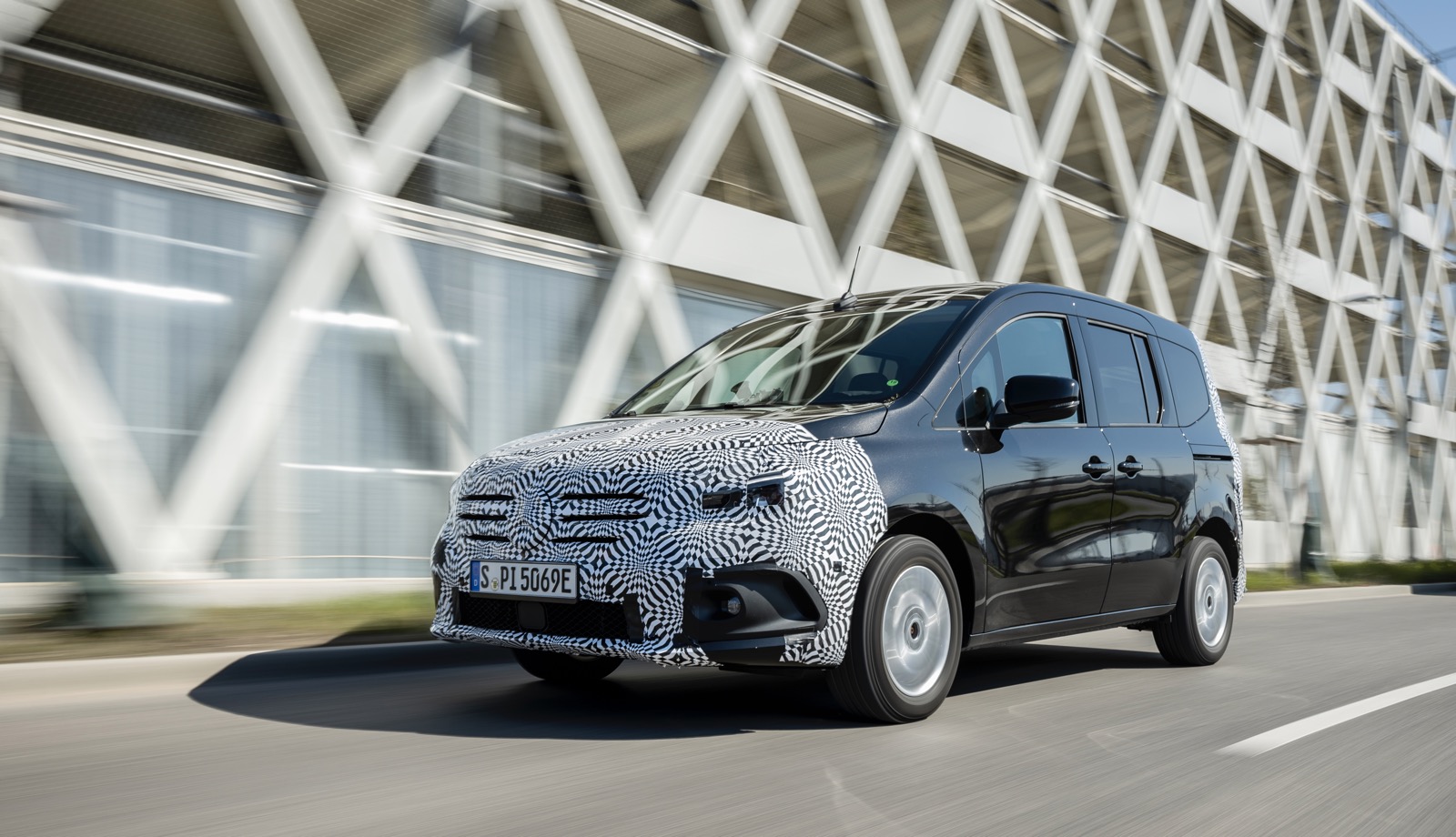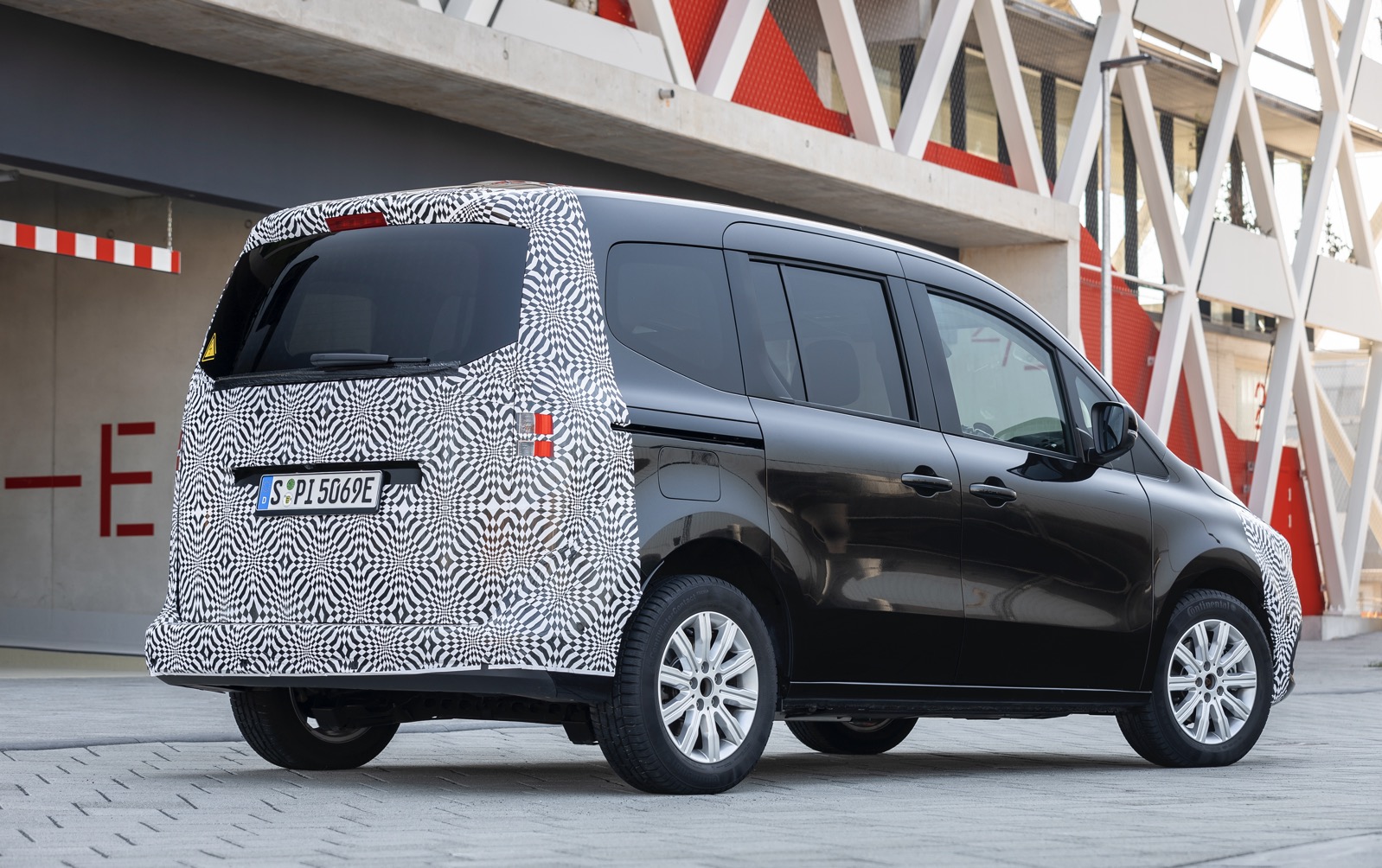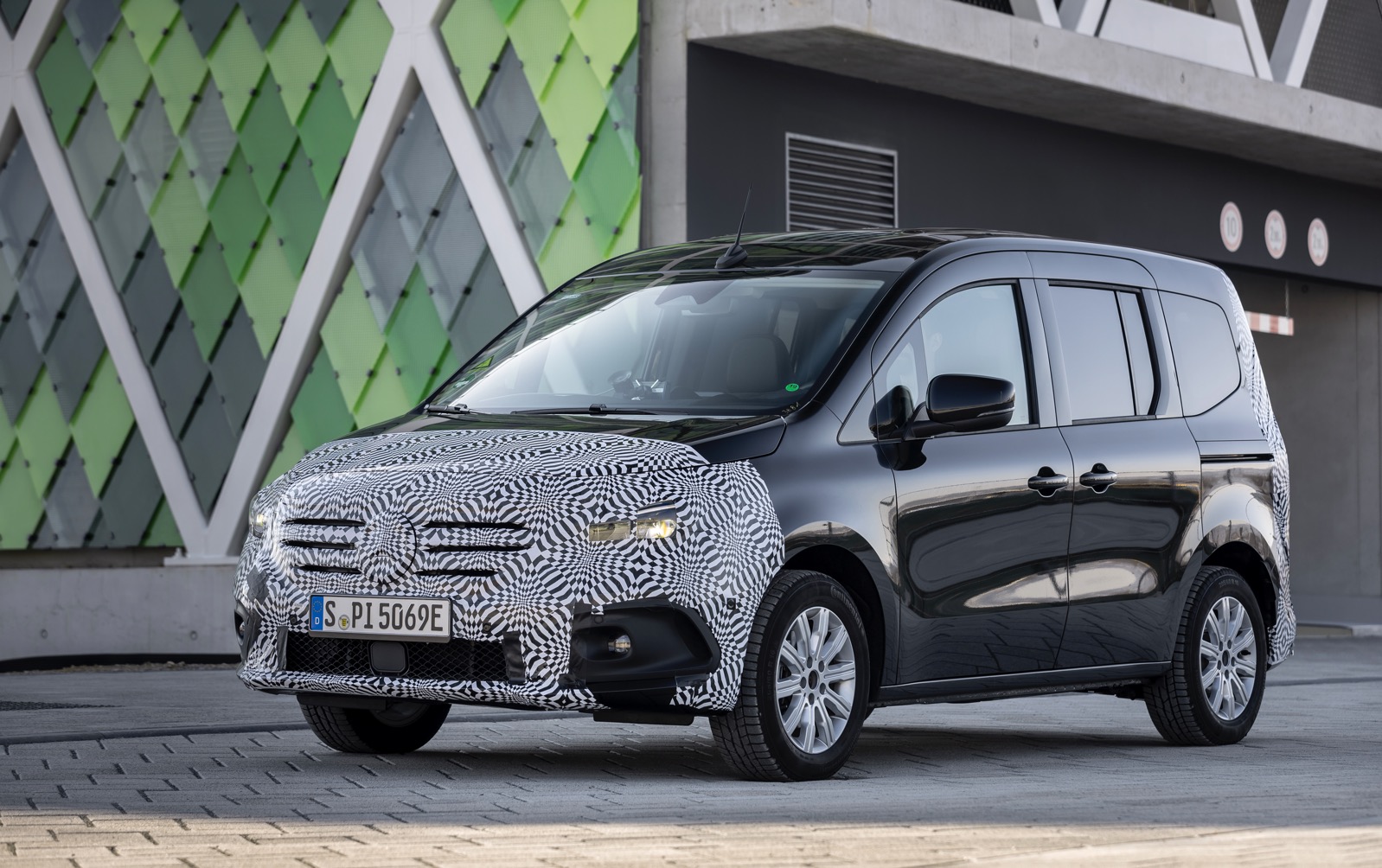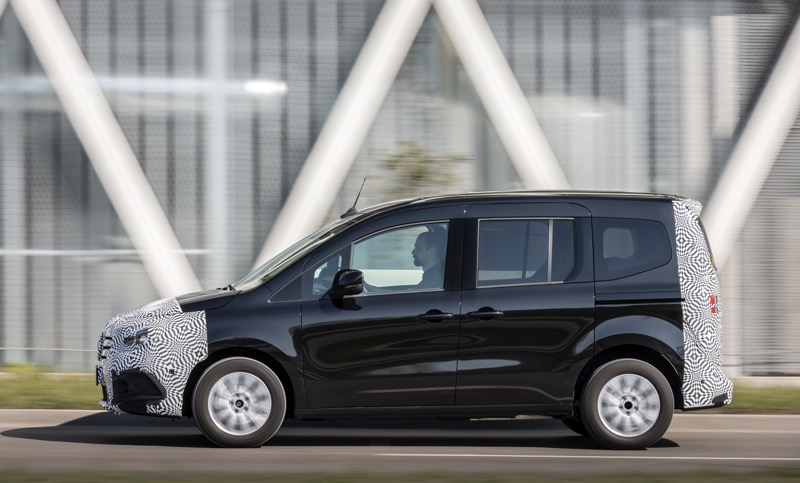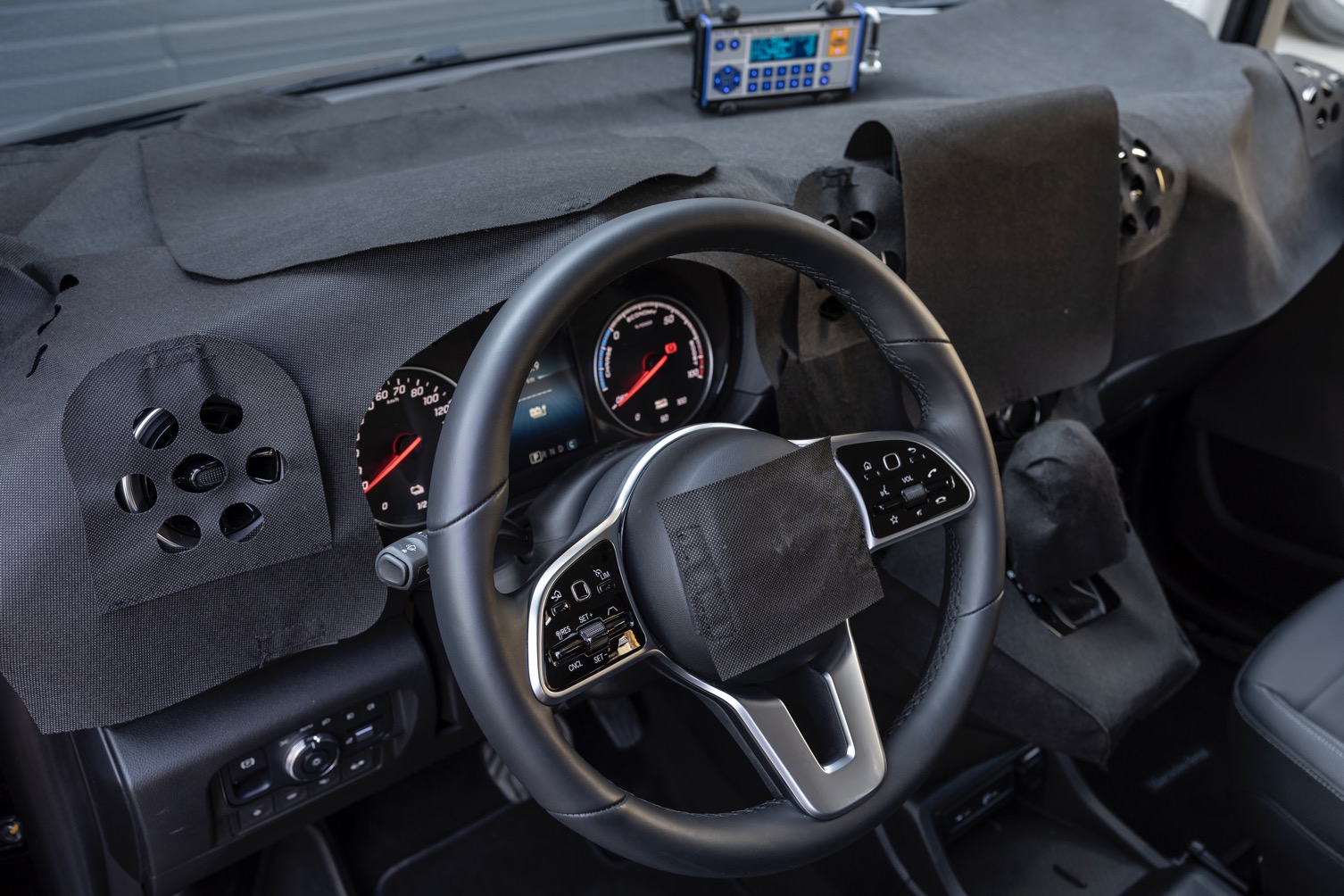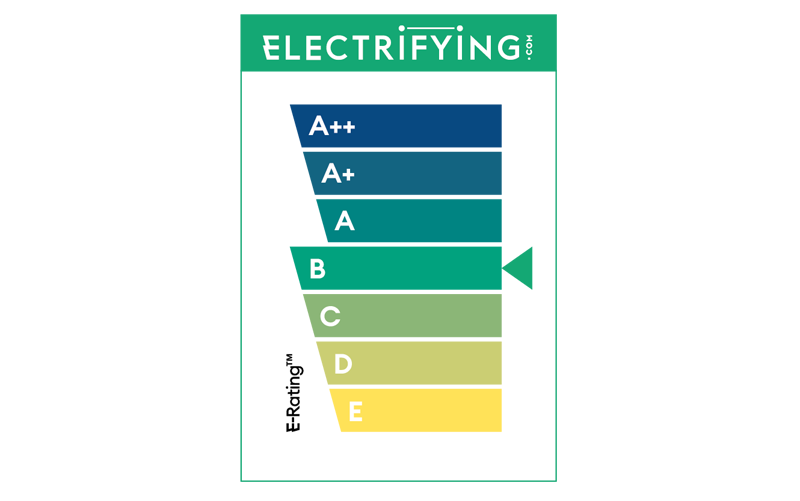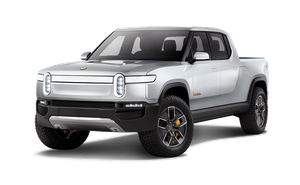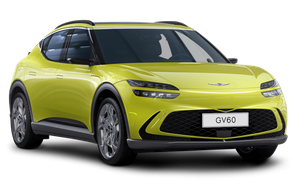There’s no doubt that Mercedes is a premium brand. It produces some of the most desirable – and expensive – cars in the world which are packed with technology and are more expensive than equivalent models from mainstream makers like Ford or Vauxhall.
This is especially true of its electric cars, with plans to build a whole range of sophisticated but pricey models around the EQS flagship.
But not all Mercedes models are quite so posh, as you may notice whenever an Amazon parcel arrives or the Tesco delivery van pulls onto the drive. The three-pointed star also appears on the front of commercial vehicles, and the customers who choose these are not so willing to throw money around.
Small vans like the Mercedes Citan are the most price-sensitive in the entire market. Anyone who buys a Citan or a V-Class looks closely at the money, using a sharp red pencil or substantial spreadsheet to work out total costs.
So while the other Mercedes EQ models are comparatively elitist, Mercedes will try to appeal to the masses with the electrified small vans. The e-Citan panel van will arrive in autumn and then the passenger version, called the EQT will follow in winter. They will therefore become by far the cheapest electric models in the Mercedes portfolio, the project manager promises. And they should also be particularly spacious.
The version we tried was the standard length version, but there will also be a long wheelbase and a model with seven seats. These will make the EQA and EQB suddenly seem cramped and impractical.
It’s no secret that this EQT is a Renault in disguise though. Like the last (diesel) Citan, Mercedes has chosen to partner with Renault and rebadge a Kangoo. But the Germans are keen to say they had significant input. Almost the entire air conditioning system, for example, is from Mercedes and the more efficient heat pump wouldn’t have existed without the pressure from Stuttgart. The same is true of the faster 80 kW charger with which the EQT can top up its battery from 10 to 80 percent within 40 minutes.
The EQT and the Citan are powered by a 90 kW motor powered by a battery with a capacity of 45 kWh. It’s mounted in the floor in such a way that there are no restrictions on loading or seating and it supplies enough electricity for 186 miles. Compared to the other EQ models at Mercedes, this is rather meagre, but then again the red pencil rules. And compared to the competition, Mercedes is doing well as the identical electric models from Citroen, Peugeot, Vauxhall and Toyota can only manage 168 miles.
Like all electric cars, the EQT buzzes away quickly during the first short test drive in our still-disguised prototype and the silence of the motor is even more pleasant in a vehicle like this, because the combustion engines sound even louder in a metal box-like van.
If you take your foot off the gas, the EQT rolls along easily - unless you put the automatic gear lever aside and push it down two steps. Then the electric motor recuperates with up to 43 kW and the minibus can be driven over long distances with one pedal.
The powerful punch of the electric motor is also good for the EQT, making overtaking easier. Only on the motorway does it run out of breath faster, because the electronics do not allow more than 80mph to preserve the range – and your licence.
When asked about prices, the Mercedes managers tell us to wait and see. So we will have to guess. Unlike the car range, Mercedes can’t justify a big premium over the likes of the £30,000 electric vans from the likes of Citroen, because of those accountants and their red pencils. So expect a starting price of around £25,000 (before VAT) for the Citan and £32,000 for the EQT.










